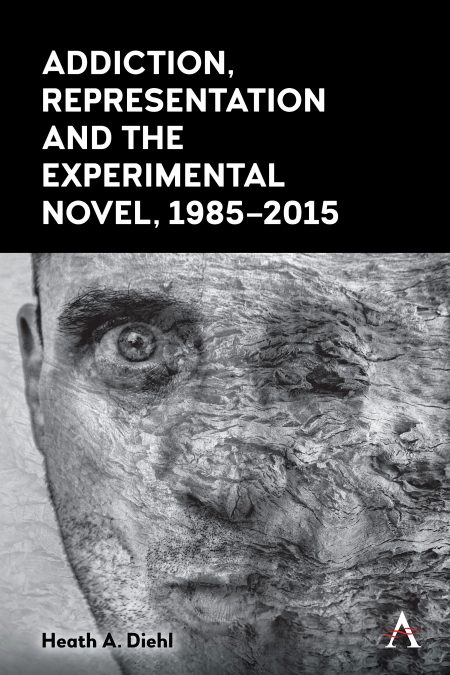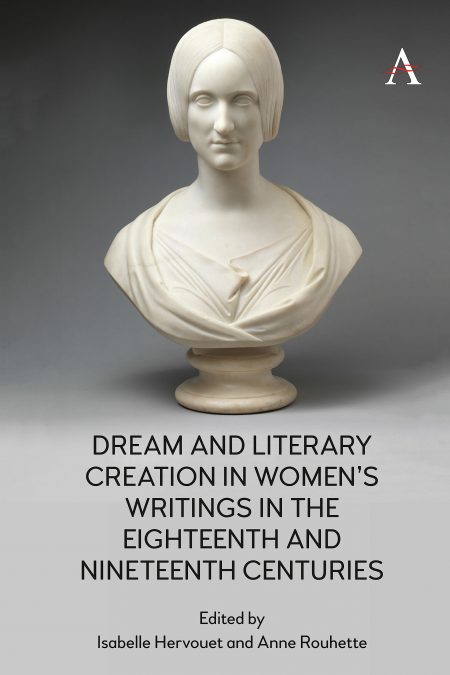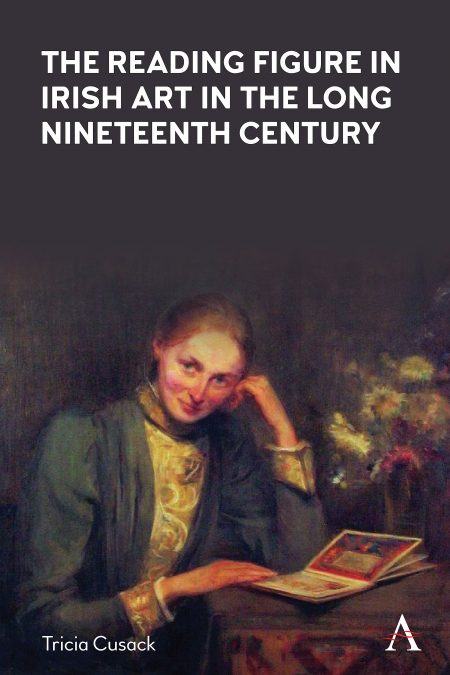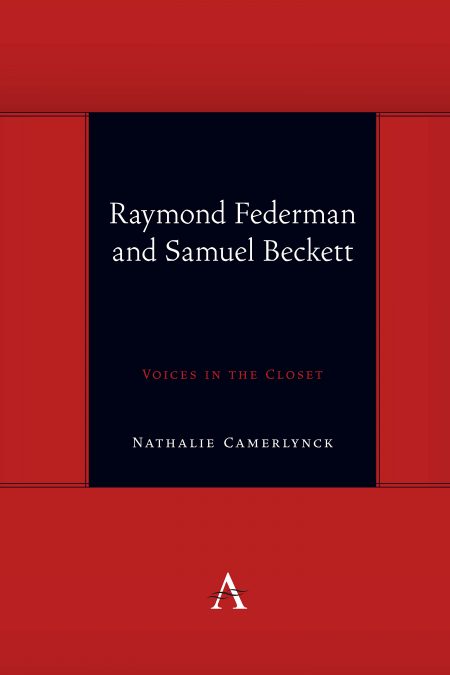Animal Presence and Human Identity in Modern Literature
(Dis)figurations of Humanimality from Shakespeare to Desai
Kimberly W. Benston
Select Format
Title Details
- ISBN: 9781785279607
- January 2025
- Pages: 250
- Imprint: Anthem Press
Animal Presence and Human Identity in Modern Literature explores literary representations of the human-animal encounter in modernity that press human “being” to its limits. This project arises within the question, “Can an animal die?,” formulated in response to Martin Heidegger’s famous assertion that, properly speaking, animals cannot “die” but can only “perish,” an assertion that sharply summarizes western “humanist” philosophical discourse – particularly as etched in the “modern turn” initiated by Descartes – in which the “human” emerges precisely as that (non)animal which enjoys a distinctive relation to both the inner essence and outer edge of existence. Recently – most notably in the late works of Giorgio Agamben, Gilles Deleuze, Jacques Derrida, Julia Kristeva, and Emmanuel Levinas – philosophers have interrogated the grounds of Heidegger’s formulation, putting into question its assumption of unnavigable distance and un-negotiable difference between humans and (other) animals, drawing partly on Darwinian conceptions of a biologistic continuum among creatures, partly on ethological revelations of animal “capacities,” and partly on ideas intrinsic to philosophy itself, such as a demystification of binarism as an instrument of philosophical structure and analysis.
The book’s overarching thesis is that, taken together, texts – including Shakespeare’s King Lear; Eliot’s Middlemarch; Wells’s The Island of Doctor Moreau; Atwood’s Surfacing; and Desai’s Clear Light of Day – are both distinctive in their figurations of the human-animal relation and representative of a wide spectrum of literary instantiations of the “question of the animal” for post-Enlightenment western culture.
Kimberly W. Benston is Francis B. Gummere Professor of English and Africana Studies at Haverford College, where he has also served as Provost and President.
Introduction: Literature and “The Animal” As Such; “Why Should a Dog, a Horse, a Rat Have Life?”: King Lear and the Ethics of Encounter; “The Roar on the Other Side of Silence”: Middlemarch and Sympathetic Imagination; “When Suffering Finds a Voice”: The Island of Doctor Moreau and the Language of Pain; “The Power to Kill”: Surfacing and the Ethics of Abject Humanimality; “Eat Your Meat”: Clear Light of Day and the Borderlands of Animal Ethics; Conclusion: Toward an Ethics of Humanimality as First Philosophy.
Related products
-
-
-
Addiction, Representation and the Experimental Novel, 1985–2015
Heath A. Diehl
December, 2020
£125.00 / $125.00 -
Dream and Literary Creation in Women’s Writings in the Eighteenth and Nineteenth Centuries
Edited by Isabelle Hervouet, Anne Rouhette
June, 2021
£125.00 / $125.00 -
The Reading Figure in Irish Art in the Long Nineteenth Century
Tricia Cusack
February, 2022
£125.00 / $125.00 -
Raymond Federman and Samuel Beckett
Voices in the Closet
Nathalie Camerlynck
July, 2021
£125.00 / $125.00








